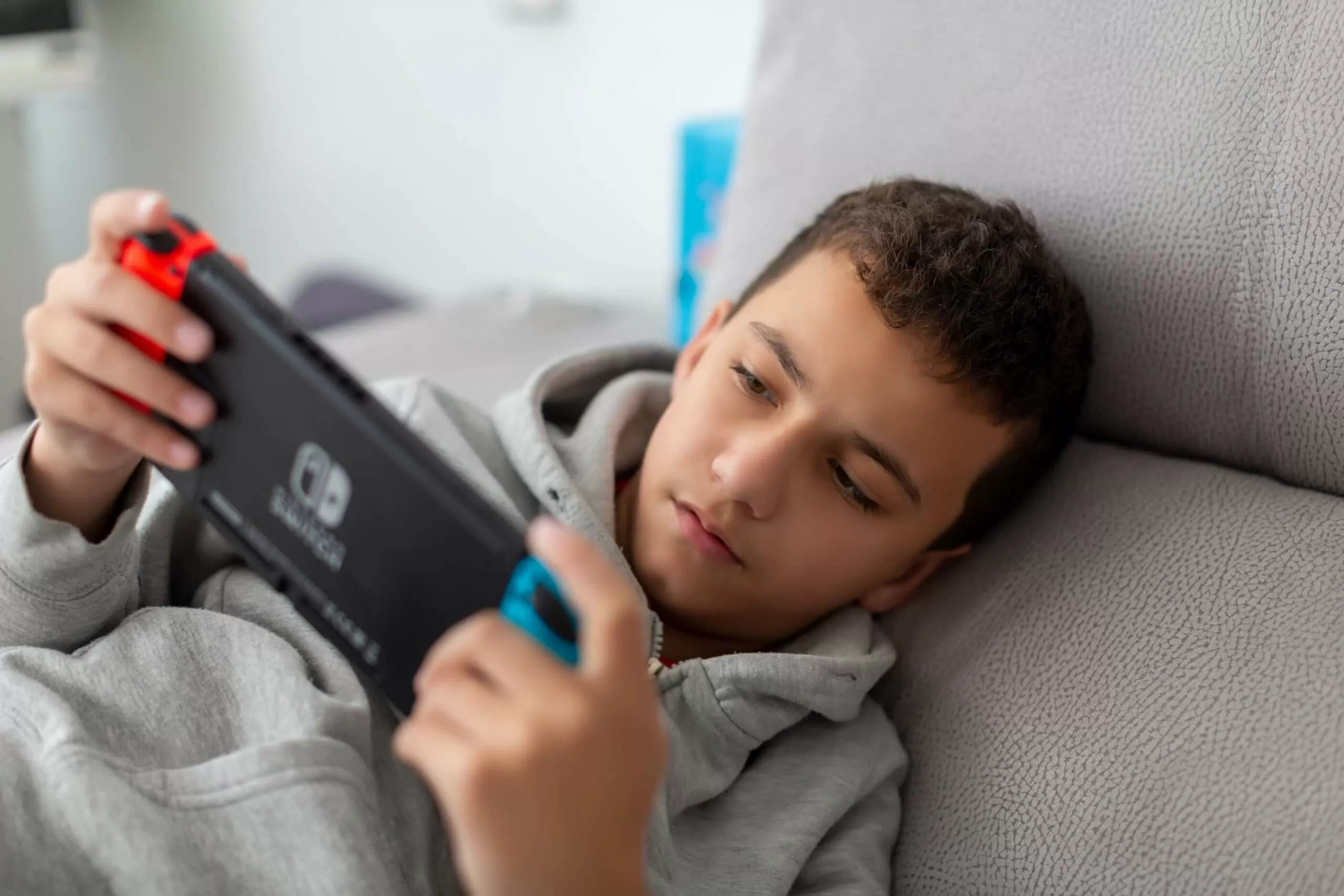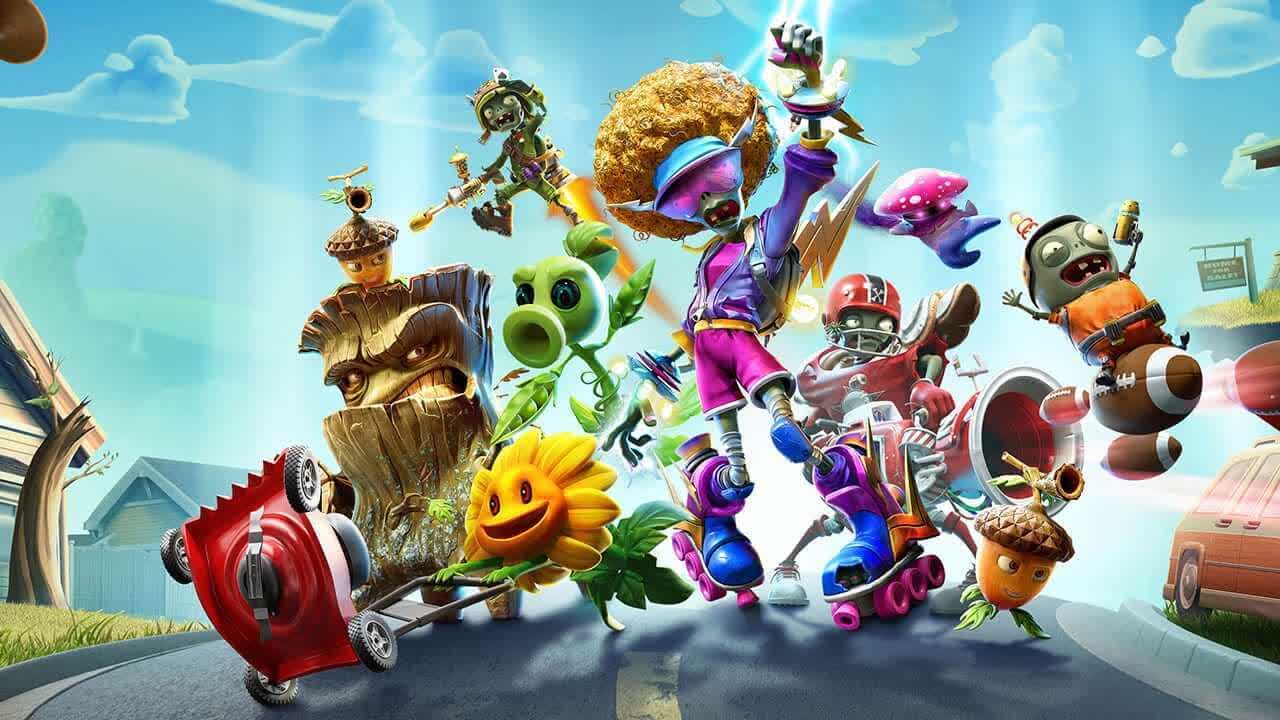Pete Flint
Posts: 40 +7
In a nutshell: Feeling down? A University of Oxford study says video games can fix that. The research found that playing competency-based, socially stimulating games tends to improve the emotional well-being of players, and in a rare move, the study used data directly from industry partners.

A study out of the University of Oxford has shown that participants who play video games for long periods generally present happier than non-gamers.
Surprisingly, EA and Nintendo both provided data directly to the research team. This information was anonymous and showed the duration of each person's playtime. This log was then compared with a survey taken by the participant to understand their emotional state better.
The EA data came solely from those playing Plants Vs. Zombies: Battle for Neighborville, while the data from Nintendo of America only covered players from Animal Crossing: New Horizons. In all, 3,274 participants were included, mostly Animal Crossing players.
The Oxford Internet Institute's study found that playing video games positively impacts a player’s wellbeing. According to the research, experiences of “competence and social connection” with other players is the driving force for improved quality of life.

Previous research has shown that gameplay can reduce emotional wellbeing, and this study found the same result among participants that were using games to destress or avoid external issues. Players gaining genuine enjoyment from the game, however, particularly those that were socially engaged, found improved wellbeing from play.
Studies using industry data directly are quite rare, and this is not due to a lack of interest from researchers. Prof. Andrew Przybylski, lead author of the study and head of the Institute, expounded on the benefits of combining academic and industry expertise for the well-being of gamers. “Without objective data from games companies,” says Przybylski, “those proposing advice to parents or policymakers have done so without the benefit of a robust evidence base.”
While this research shines a positive light on the firms providing this data, games companies are unlikely to give information that may lead to negative media coverage. Nevertheless, studies like these will be even more relevant as the global video game player-base continues to increase.
https://www.techspot.com/news/87608-oxford-study-shows-video-games-good-well.html